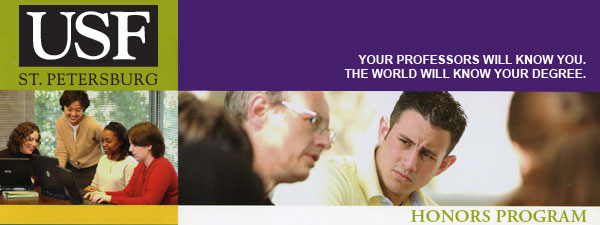USF St. Petersburg campus Honors Program Theses (Undergraduate)
First Advisor
Dr. Lauren McDaniel, Ph.D. Research Associate and Project Co-PI at University of South Florida, College of Marine Science
Publisher
University of South Florida St. Petersburg
Document Type
Thesis
Date Available
May 2014
Publication Date
2014
Date Issued
May 2014
Abstract
Coral reefs serve an imperative role in the formation of marine ecosystems. They act as the foundation for complex food webs by supporting fish, sponges, algae, and invertebrates. However, coral bleaching and climate change have become major concerns in the conservation of ocean species over the past few decades. As a result, new methods of restoration are necessary for the propagation of these endangered coral species. This study focuses on the critical role that the symbiotic algae Symbiodinium, as well as their associated bacteria, play in the health of coral. A specific type of bacteria, α-proteobacteria, use virus-like particles called gene transfer agents as a method of diversification. This study indicates that the application of these gene transfer agents may increase the fitness of the coral holobiont’s associated bacteria. Coral degradation can perhaps be lessened if inhabiting microbiota can survive stressful conditions by diversifying their assemblage. This study attempts to understand the complex coral system by observing the effects of gene transfer agents on symbiotic algae as well as its associated bacteria.
Creative Commons License

This work is licensed under a Creative Commons Attribution-Noncommercial-No Derivative Works 4.0 License.
Recommended Citation
O'Connell, Kelly, "The Influence of Gene Transfer Agents in Symbiodinium Associated Microbial Communities and the Coral Holobiont" (2014). USF St. Petersburg campus Honors Program Theses (Undergraduate).
https://digitalcommons.usf.edu/honorstheses/170



Comments
A thesis submitted in partial fulfillment of the requirements of the University Honors Program, University of South Florida St. Petersburg.